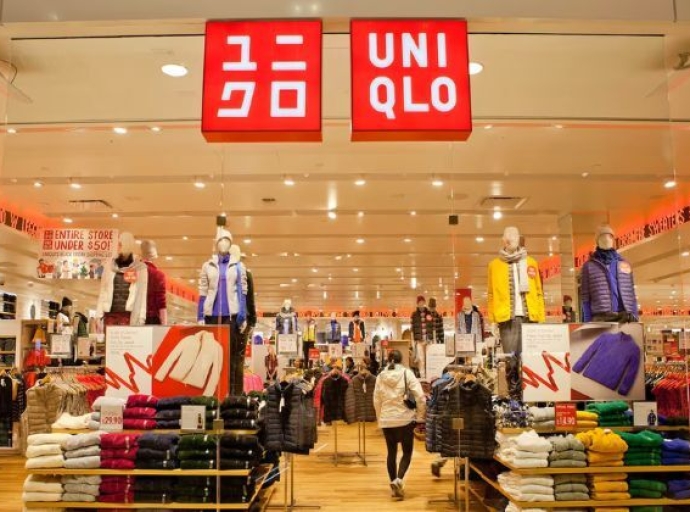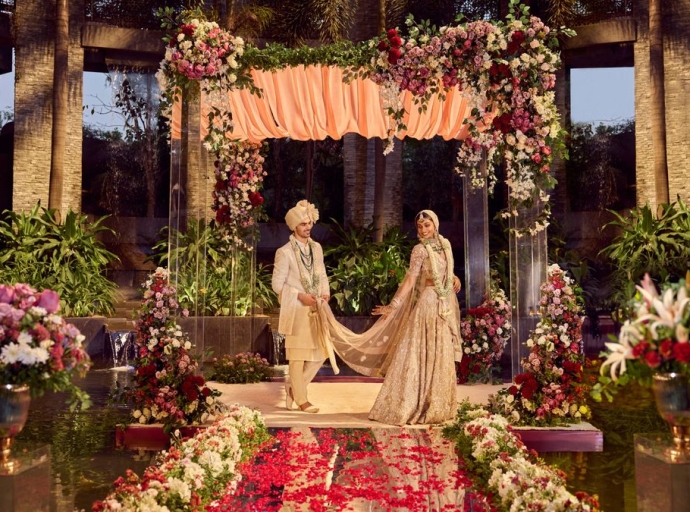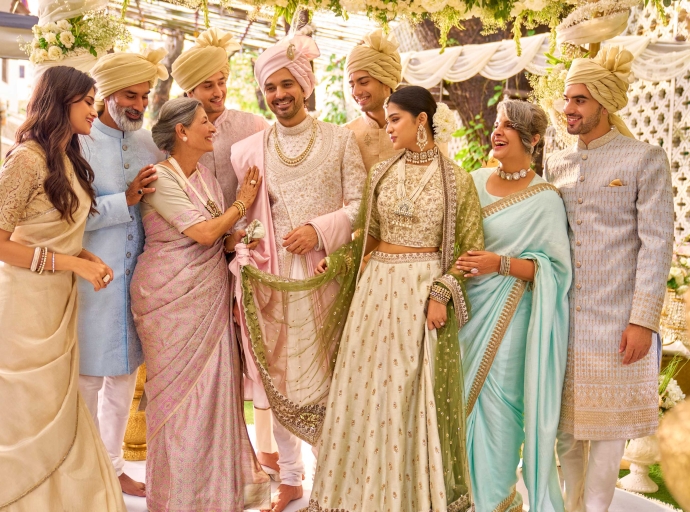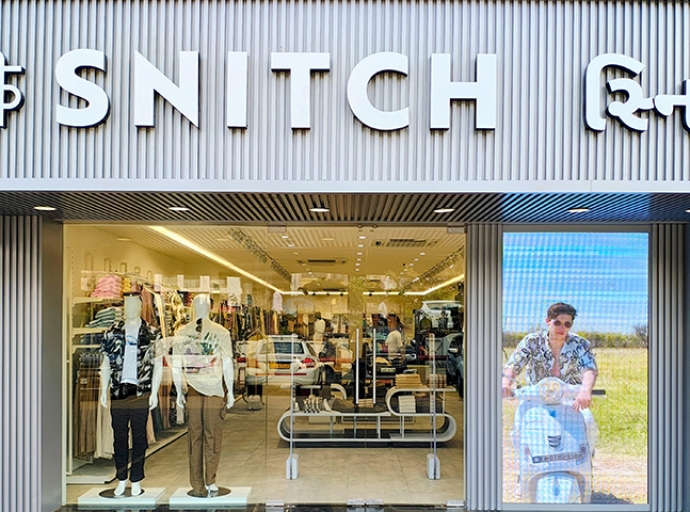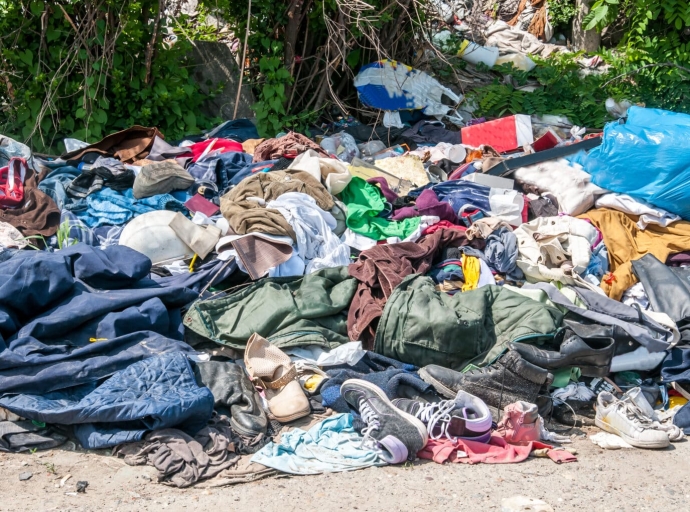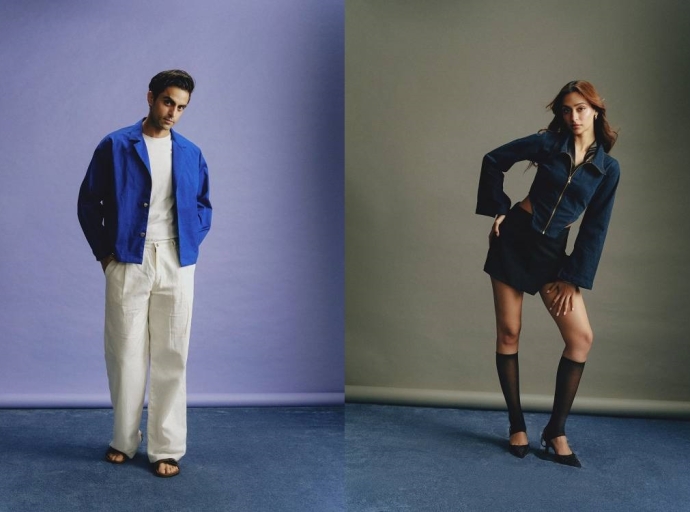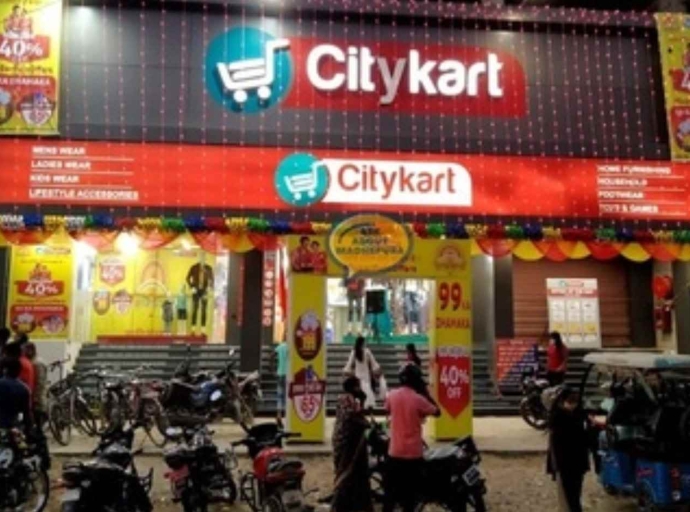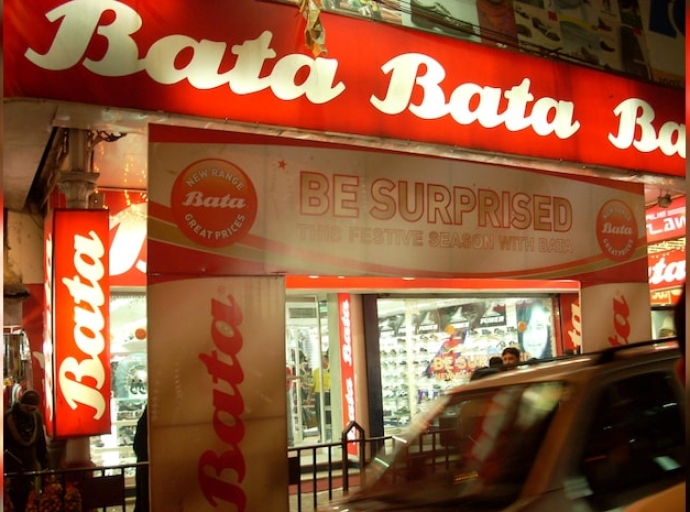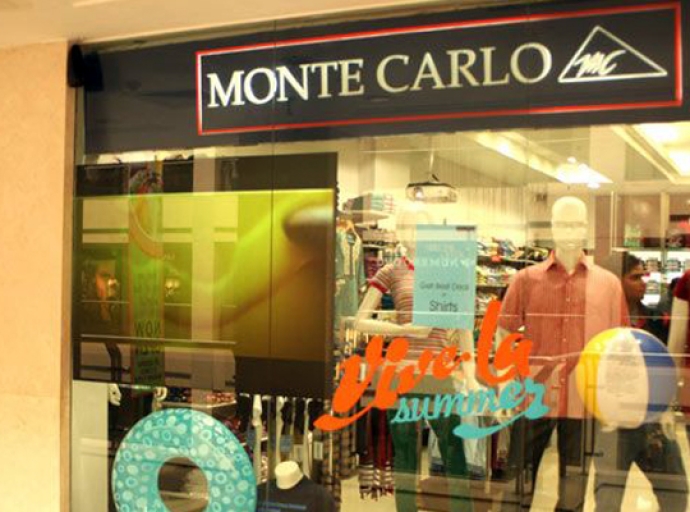27 May, Mumbai 2025
Indian fashion, once synonymous with intricate weaves and enduring fabrics passed down through generations, are now being bleached out by cheap, disposable clothes.
The siren call of fast fashion, which gets a boost from social media trends and lightning-fast e-commerce, has seduced a nation that once championed mindful consumption. The price of this fleeting style is our landfills are overflowing, rivers choked with toxic dyes, and a cultural identity increasingly obscured by fleeting trends.
"We don’t wear fast fashion. We bury it," reads a stark message painted on a wall in a bustling Mumbai market, a sentiment echoing across a nation grappling with the environmental and cultural fallout of its growing appetite for disposable trends.
As per the Central Pollution Control Board, 2021, India generates almost 7,800 kilotonnes of textile waste annually, contributing significantly to the global crisis projected to reach 148 million tonnes of textile waste by 2030 as per Ellen MacArthur Foundation, 2017. This isn't a consequence of a fabric shortage; it's a symptom of a societal impatience, a relentless pursuit of the 'new' addictive cycle of online hauls.
Fashion Guru
The speed trap
As per a McKinsey & Company analysis of 2022 the mechanics of fast fashion are designed for obsolescence. Instagram trends morph at breakneck speed, online retailers promise next-hour delivery, and brands churn out over 500 new styles each month. This hyper-consumption model leaves little room for mindful practices like recycling, repurposing, or even simply wearing an item more than a handful of times. The digital scroll demands novelty, rendering last week's 'it' outfit instantly passé
India's enduring ethos of reuse and resourcefulness
Yet, the irony is stark. India, a land deeply rooted in traditions of sustainability, is now grappling with a Western model of consumption that clash with its inherent values. For centuries, necessity and ingenuity have fostered a culture of minimal waste and maximum utility.
For example, the informal recycling sector Mumbai’s Dharavi, showcases India's inherent ability to extract value from waste.
Join our group
While not solely focused on textiles, it highlights a broader cultural mindset of resource recovery. Old clothes are often sorted, repaired, resold, or repurposed into new products, demonstrating a circular economy in action, albeit often under challenging conditions.
The Khadi movement: Mahatma Gandhi's championing of Khadi during India's independence movement wasn't just a political statement; it was an economic and sustainable one. Khadi, handspun and handwoven, promoted local production, reduced reliance on industrial processes, and emphasized durability over fleeting trends. Even today, Khadi remains a symbol of sustainable and ethical fashion.
Kantha embroidery: In West Bengal, the tradition of Kantha embroidery transforms old saris and dhotis into beautiful and functional quilts, throws, and even garments. This intricate art form is a testament to the value placed on repurposing and the inherent beauty found in giving old textiles new life.
Join our community
Bastar tribal crafts: The tribal communities of Bastar in Chhattisgarh have long practiced resourcefulness in their clothing and adornments. Using natural dyes derived from local plants and incorporating recycled materials into their textiles and jewellery, they exemplify a deep connection with their environment and a rejection of wasteful practices.
The culture of mending and alteration: Unlike the West's disposable clothing culture, India has a strong tradition of tailoring and mending. Local tailors are ubiquitous, and altering clothes to fit better or repairing minor damage is a common practice, extending the lifespan of garments significantly.
While India's textile waste generation is significant due to its large population, per capita textile consumption and waste generation historically remain lower compared to many developed nations.
Visit for more
The path to reclamation
The way forward is in rediscovering and re-embracing India's inherent understanding of sustainability. This requires a multi-pronged approach.
Integrating thrift into the digital realm: E-commerce platforms, the very engines of fast fashion's growth, need to actively incorporate and promote the resale of pre-owned clothing. Platforms like CoutLoot and Refash in India are emerging, but wider integration and mainstream adoption are crucial.
Harnessing predictive technology: Investing in predictive analytics can help brands better gauge demand, minimizing overproduction and the resulting textile waste. Data-driven insights can lead to more responsible inventory management.
Boosting pre-owned fashion: There has to be a cultural shift where owning pre-owned clothing is seen as a badge of honour – a conscious choice, not a compromise. Highlighting the unique stories and inherent sustainability of vintage and second-hand pieces can drive this change. Initiatives like curated vintage pop-ups and online platforms focusing on pre-loved luxury are gaining traction.
Reigniting cultural pride in reuse: Educational campaigns and community initiatives can rekindle pride in traditional practices of mending, upcycling, and sharing clothes. Celebrating the ingenuity and resourcefulness embedded in our cultural heritage is crucial. NGOs and grassroots organizations are already working on this, but wider societal engagement is needed.
Thinking beyond recycling
The focus shouldn't solely be on "recycling" – often an energy-intensive process with its own limitations. True progress lies in reducing consumption at the source and extending the lifespan of our garments. This isn't about adopting a new, trendy "sustainable" lifestyle; it's about remembering who we were before the allure of fleeting trends made us forget the value of mindful consumption and the richness of our textile heritage.
India doesn't need to discover sustainability; it needs to remember it. It's time to unplug from the endless scroll, step away from the overflowing wardrobes, and start dressing with intention, weaving a future where our clothes reflect not just fleeting trends, but a deep respect for our planet and our cultural identity. Let's build a new future, thread by sustainable thread, from the wisdom of our old clothes.
LATEST FASHION NEWS

